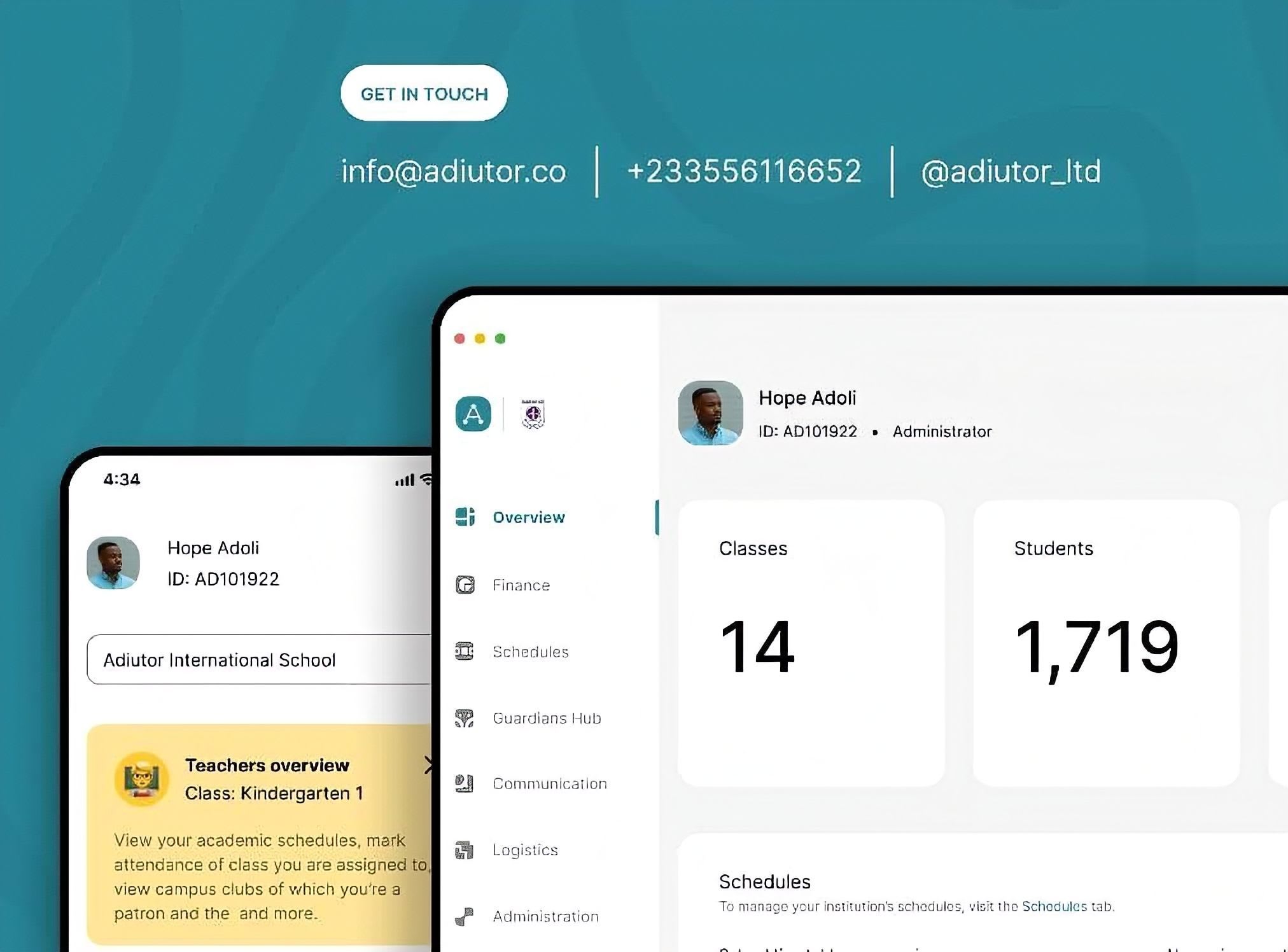The principles of giving feedback. Delivering quality feedback for learners.
Feedback is an important part of the learning process. It helps you to understand what you are doing well and what you can improve upon.

Feedback is an important part of the learning process. It helps you to understand what you are doing well and what you can improve upon. Without feedback, it is difficult to gauge progress and identify areas that need work. Giving feedback is an important skill for educators, school leaders, and parents. Feedback can be a powerful tool to motivate or demotivate students. Consistent feedback is essential for growth - without it, students can't improve.
💡 Lessons learnt: Good feedback is the key to improvement
What is the goal of feedback?
Feedback is a crucial part of the learning process that helps improve your work. It can come from many sources, including friends, family, teachers, and school leaders. The best feedback is specific and honest. The goal of feedback should help learners identify their strengths and weaknesses and provide opportunities for growth. Giving regular feedback can help you learn more about your students and how they respond to your work. Ultimately, the goal of feedback is to create better learners. Nicol and Macfarlane-Dick in their work Formative assessment and self-regulated learning (2006) identify effective feedback principles to include:
- Helping learners to clarify what good performance is.
- Facilitating the development of self-assessment (reflection) in learning.
- Delivering high-quality information to students about their learning.
- Encouraging teacher and peer dialogue around learning.
- Encouraging positive motivational beliefs and self-esteem.
- Providing opportunities to students to close the gap between current and desired performance.
- Providing resources and information to teachers that can be used to help shape teaching.
What are some quality feedback delivery practices?
That said, some forms of feedback are more helpful than others depending on the context in which the feedback is being given. The mode of feedback delivery should be based on the purpose of the feedback and the relationship between the person giving the feedback and the learner receiving it. When delivering feedback be sure to:
- Iterate and update based on feedback as soon as possible - it’s the only way to improve.
- Be clear and specific when giving feedback - vagueness will only lead to confusion.
- Always give feedback in a constructive manner - negativity will only serve to demotivate.
- Seek out feedback from a variety of sources - multiple perspectives are always valuable.
- Use data to inform your feedback practices - make sure you’re basing your decisions on facts, not gut instinct.
How can feedback be used to improve student performance?
Feedback is an essential tool for both parents and teachers. It can help students identify areas where they need improvement and understand what they are doing well and what they need to work on. Feedback can also motivate students to do their best and improve their performance. For teachers, feedback can help identify areas where their students need more support.
What are some ways to provide timely and accessible feedback?
It is important that feedback be given in a timely manner, preferably as soon after the event or task is completed as possible. This way, the student or child receiving the feedback can use it to improve their performance going forward. Feedback should also be specific and tailored to the individual so that it is most useful to them. It is also important to provide feedback that is both positive and negative; this will encourage growth. Feedback can be given in a variety of formats, including verbal, written, and electronic. And finally, it should be accessible; easy for the student to understand and act on.
The art of giving feedback is an important skill for any teacher or mentor. There are many different types of feedback that can be given, and each one has its own strengths and weaknesses. Be clear, specific, and objective; focus on the behaviour, not the person; and avoid making assumptions. If you keep these things in mind, you'll be well on your way to giving quality feedback that can help your students and children learn and grow.

Adiutor
Adiutor means "helper" - we do just that, by taking a load of your school administration and helping you focus on what matters most: the kids.
